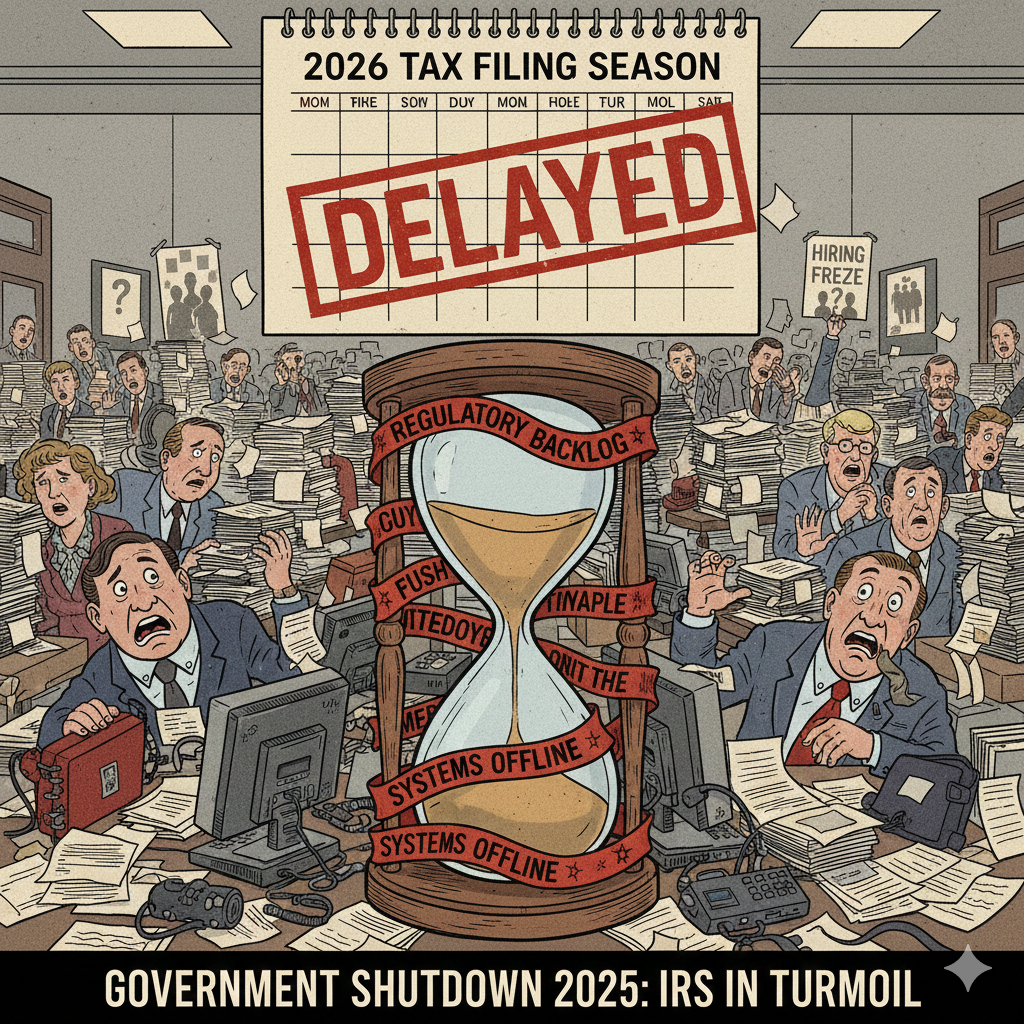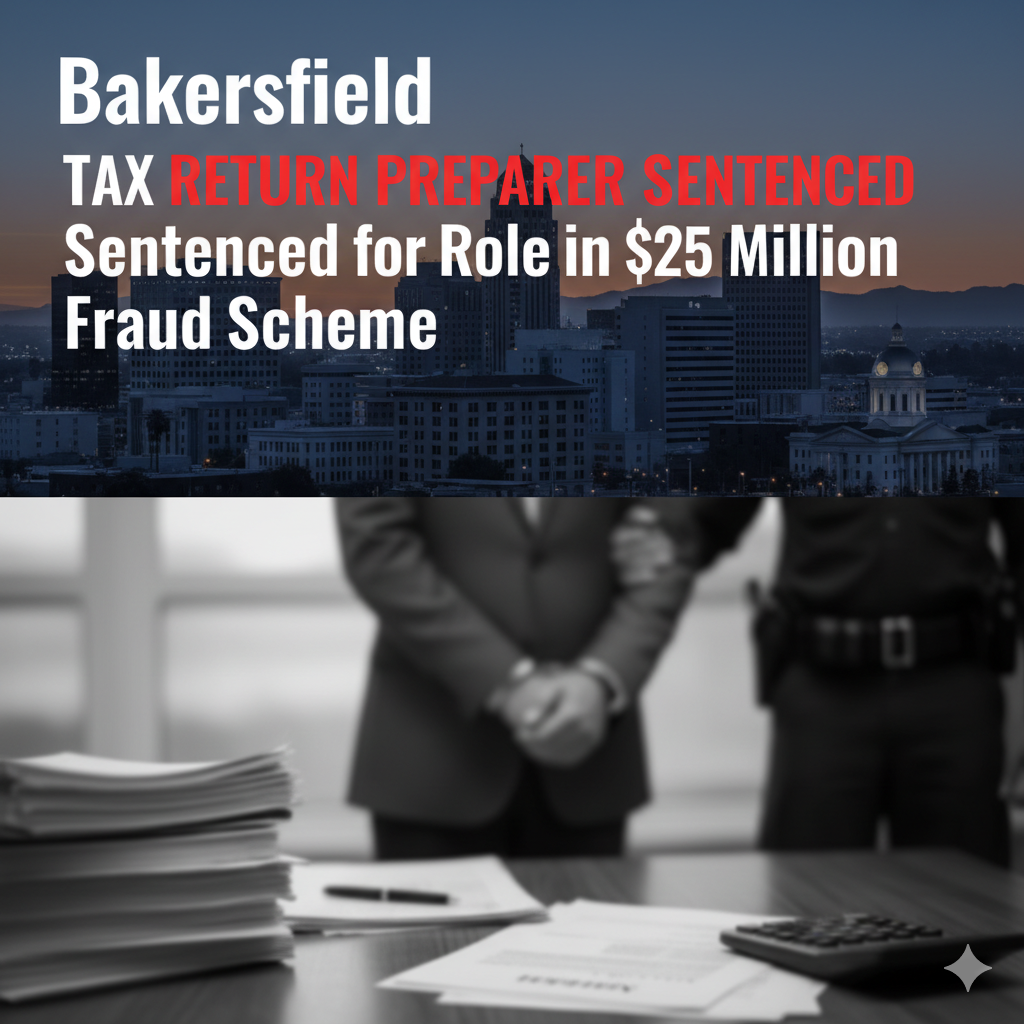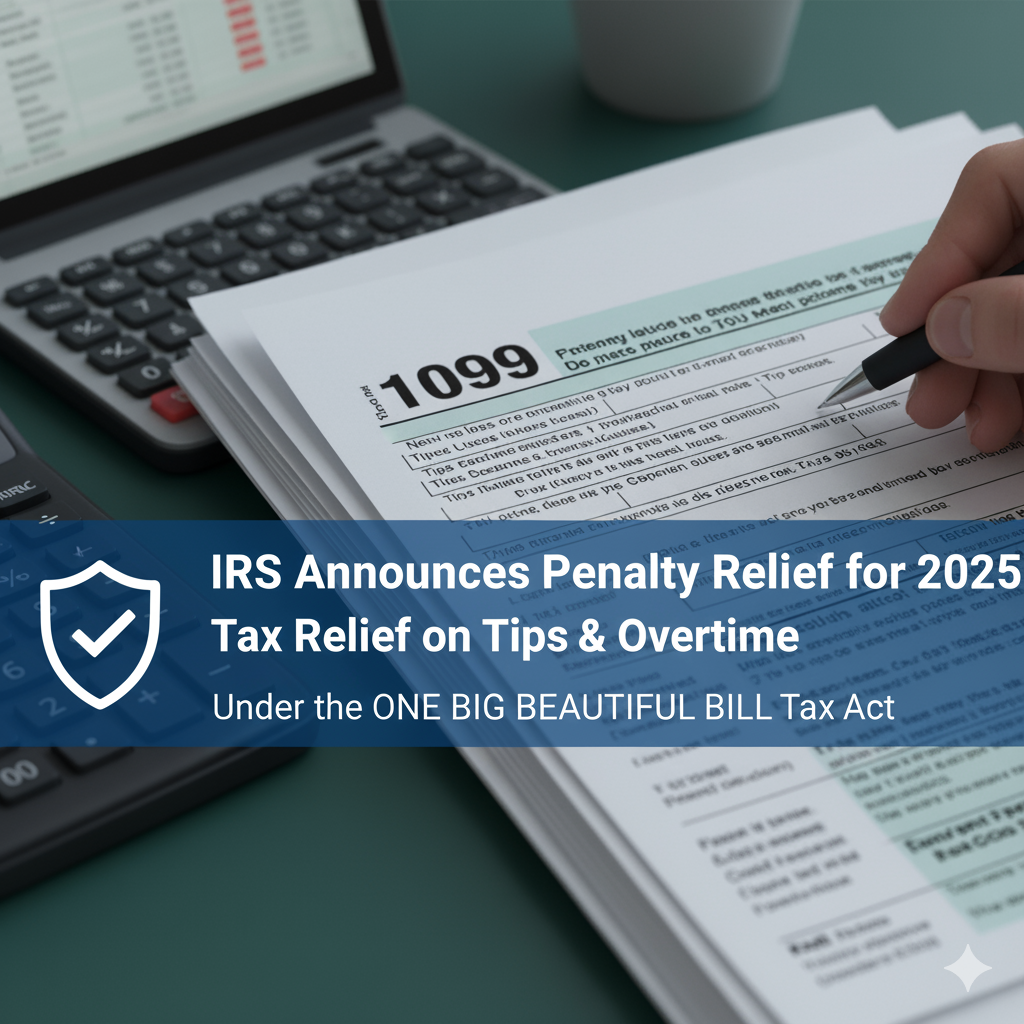Do You Have A Cannabis Business Drowning In IRS Debt?
Rescheduling Of Cannabis Opens Relief For Cannabis Businesses To Settle IRS Tax Debt Through An Offer In Compromise.
President Trump’s December 18, 2025 Executive Order to remove cannabis from a Schedule I classification to a Schedule III classification
President Trump’s execution on December 18, 2025 of an Executive Order Increasing Medical Marijuana and Cannabidoil Research to remove cannabis from a Schedule I classification to a Schedule III classification has created much confusion with some arguing that he does not have such authority to reschedule and others stating that this Order is merely a directive for the Executive Branch to implement changes to accomplish this rescheduling.
The issuance of this Executive Order however should result in cannabis businesses with IRS debt to pursue discounted settlements under the IRS Offer In Compromise program.
How Does This Executive Order Make A Difference?
The IRS generally approves an Offer In Compromise when the amount you offer represents the most IRS can expect to collect within a reasonable period of time. This standard is defined as “reasonable collection potential” but if you are a cannabis business with outstanding IRS liabilities, the IRS had followed a more restrictive approach.
IRC Section 280E disallows any deduction or credit of amounts paid or incurred in carrying on any trade or business of trafficking in controlled substances under Schedule I or Schedule II. The Internal Revenue Manual requires expenses that would be disallowed by IRC Section 280E to be disregarded when the IRS is calculating a taxpayer’s reasonable collection potential for an Offer In Compromise. Cannabis businesses have been subject to IRC Section 280E as a Schedule I substance.
Such a concept on December 16, 2025 was affirmed by the U.S. Tax Court when it issued its opinion in Mission Organic Center Inc. v. Commissioner Of Internal Revenue, 165 T.C. 13 (2025), sustaining the IRS’ denial of this cannabis dispensary to pursue an Offer In Compromise. The taxpayer in calculating the amount of its offer reduced its future income by operating expenses that were ordinary and necessary to conduct business but was not deductible for tax purposes under IRC Section 280E. The IRS Revenue Officer disregarded such expenses when calculating the taxpayer’s reasonable collection potential.
So, for example, rent expense which is an ordinary and necessary expense which of course if not paid would result in the landlord evicting the taxpayer and thus terminating the business. It is crazy that IRS would disregard such an expense for purposes of determining reasonable collection potential on the basis that the taxpayer is not allowed to deduct this rent expense in arriving at its taxable income. Interestingly, the IRS will allow taxpayers submitting an Offer In Compromise to reduce their future income by such applicable obligations like alimony, child support, student loan payments, secure loan obligations, and certain limited personal living expenses, even though all the foregoing is not deductible for income tax purposes.
What Is An Offer In Compromise?
An Offer In Compromise is an agreement between a taxpayer and the IRS to settle a tax debt for less than the full amount owed. Generally, it may be an option for taxpayers who can’t pay their full tax debt, or if doing so would create a financial hardship. The IRS considers the taxpayer’s overall financial circumstances when considering an Offer In Compromise in an effort to administratively resolve the amount due.
Taxpayers who want to avail themselves of the IRS Offer In Compromise program file a formal application, in which they propose to pay less than their total obligation amount (taxes, interest and any associated penalties). That much is straightforward. But as another adage goes: “the devil is in the details,” and that is where many taxpayers head in the wrong direction, and make an already challenging and stressful financial situation exponentially worse.
It All Comes Down To Reducing Your Past IRS Debt
There is a school of thought that the issuance of this Executive Order could be construed as an affirmation that cannabis does not “fit the meaning” of a Schedule I substance; and therefore, cannabis should never have been treated as such under the Controlled Substances Act to begin with. This theory has yet to be tested in the Courts but given the effect of the Executive Order that supports the viability of cannabis businesses to pursue an Offer In Compromise to settle past IRS debt, we have been recommending cannabis businesses pursue the Offer In Compromise approach. Another advantage of an Offer In Compromise over amending past year tax returns is that while the Offer In Compromise is being considered by IRS (or any denial is being appealed), the IRS cannot enforce collection action. That puts a pause on levies, garnishments, and tax liens for months if not years while this is being sorted out.
Here are the four biggest myths on pursuing an Offer In Compromise –
- IRS Offer In Compromise Myth: Taxpayers only need to petition the Federal government to take advantage of the program.
The Facts: Many States have Offer In Compromise programs, and each has its own qualifying standards. Taxpayers who owe money to both the IRS and their respective State tax agency must coordinate the filings in order to facilitate a mutually acceptable resolution. Just dealing with the IRS is not enough, and the IRS is under no obligation (and will not) reach out to their State-level counterparts. The onus to do this is completely on each taxpayer.
- IRS Offer In Compromise Myth: Filling out the proper forms is time consuming, but does not require expertise.
The Facts: The vast majority of taxpayers do not have requisite knowledge of the IRS collection process for their petition to be successful, regardless of how much time they allocate to their application. While the lists of common errors is long, among the most frequent are: overstating assets and income (and therefore offering the IRS too much); failing to submit the proper application fee and a deposit for the amount offered; and failing to include proper financial disclosure. And if you are still not convinced: the Federal government’s own figures show that 75% of applications are returned due to forms being filled out incorrectly, and of the 25% that are processed, approximately 50% are rejected.
- IRS Offer In Compromise Myth: Third-party firms and consultants can help you settle your debt and enjoy a “big discount.”
The Facts: This is false advertising at its worst, since the consequences here can be life-altering. These firms and consultants have no idea what your tax situation is like, and therefore cannot even promise that the IRS will accept your petition, let alone allow you to enjoy a “big discount.” Only a qualified and experienced professional who has analyzed your specific financial details, and who knows the IRS rules and guidelines inside and out (including material that is not easily available to the public — or comprehensible even when it is) can determine your eligibility for an Offer In Compromise.
- IRS Offer In Compromise Myth: If you owe money to the IRS, then you submit an application right away to stop collection action or interest while your case is being reviewed.
The Facts: Before the IRS will even consider your application, they will check to see where you are current with all filing requirements. If anything is overdue, or if you are in an open bankruptcy proceeding, then your application will be returned to you.
The Bottom Line
The IRS Offer In Compromise program has the potential to be substantially beneficial for qualifying taxpayers who (and this is the most critical part) complete and submit their application properly, completely and effectively. If your cannabis business is facing shut-down by the IRS for outstanding IRS debt, the submission of an Offer In Compromise should put a stop on such action. This relief allows for the business to continue to operate and negotiations with the IRS to commence. The IRS assesses applications on a case-by-case basis, and the more boxes you check, the more likely you are to be granted financial relief. Conversely, if you get trapped by any of the myths above — or dozens of others that endure — not only will your application be rejected and returned, but your debt will continue piling up by the day.
What Should You Do?
The tax attorneys at the Law Offices Of Jeffrey B. Kahn, P.C. located in Orange County (Irvine), Los Angeles and elsewhere in California are highly skilled in handling tax matters and can effectively represent at all levels with the IRS and State Tax Agencies including criminal tax investigations and attempted prosecutions, undisclosed foreign bank accounts and other foreign assets, and unreported foreign income. We understand the cannabis industry and having a cannabis tax attorney on your side can make the difference in getting the tax relief you deserve. Also, if you are involved in crypto currency, check out what a Bitcoin Tax Attorney can do for you.











 Follow
Follow Follow
Follow